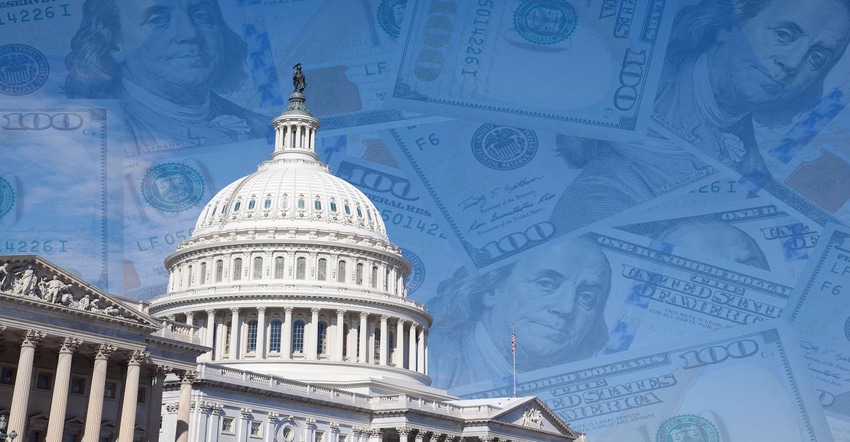Proposed Tax Code Revisions Will Impact Construction
Tax code revisions could be detrimental to construction companies throughout the nation.

In recent months, U.S. lawmakers have spent countless hours debating the $1.2 trillion infrastructure bill, as well as the $3.5 trillion budget reconciliation bill that addresses an array of social programs.
While the U.S. Senate passed the infrastructure bill, some Democrats have vowed that there will be no House of Representatives vote on the infrastructure bill without passage of the reconciliation bill.
Critics argue that the reconciliation bill is too pricey, so part of the current legislation may include nearly $2 trillion in proposed tax hikes that will help pay for it. However, those tax code revisions could be detrimental to construction companies throughout the nation.
What the Revisions Would Mean
The Tax Cuts and Jobs Act of 2017 made numerous revisions to the Federal Tax Code. It reduced tax rates for all employers, thus allowing entrepreneurs to grow their businesses and create new jobs. However, lawmakers are looking to revise or repeal parts of that legislation, including the 20% deduction for qualified business income as stated in Section 199A of the Tax Code.
Across the country, millions of businesses—owned by both families and individuals—rely on Section 199A.
Without this provision, they would have to pay much higher taxes, which would make them more vulnerable and put them at a disadvantage to large corporations. These small businesses would find themselves paying more taxes when making profits, when trying to sell their businesses, or when passing their businesses on to the next generation.
These family-owned and individually-owned pass-through companies, many of them in the construction industry, play a critical role in the U.S. economy.
They comprise the vast majority of all U.S. businesses and employ most private-sector workers.
During the COVID-19 pandemic, many such companies struggled to survive and continue paying their employees. Section 199A provides vital tax relief for these businesses, allowing them to employ workers and invest in their communities.
If Congress chooses to repeal or lower the deduction afforded by Section 199A, many companies would be impacted, resulting in job loss and stalled local economies throughout the United States. Such a change would be a detrimental tax hike to businesses that are the backbone of this country.
Goals of the Biden Administration
The White House has claimed that it intends to raise taxes on corporations and the nation’s wealthiest people, stating that these entities have not been paying their fair share for years.
Part of President Biden’s plan is to increase taxes on businesses, raising the corporate tax rate from 21% to 28% and raising the top individual income tax rate from 37% to 39.6%.
That new rate would apply to individuals with taxable income higher than $452,700 and married couples with joint taxable income higher than $509,300. Under Biden’s plan, it is also possible that the top capital gains tax would climb from 20% to 39.6% for Americans who earn more than $1 million.
Whether those tactics seem reasonable or not, it seems clear that hiking taxes on individually- and family-owned businesses—which are not among the wealthiest—will only hurt Main Street America.
What Companies Can Do
In June, dozens of trade associations wrote a joint letter to congressional leaders, urging them to block any repeal or revision of Section 199A. Among those associations were the American Council of Engineering Companies, American Institute of Architects, American Subcontractors Association, Associated Builders and Contractors, Associated General Contractors of America, Family Business Coalition, National Association of Electrical Distributors, National Association of Home Builders, National Electrical Contractors Association, National Roofing Contractors Association, National Small Business Association, Southeastern Lumber Manufacturers Association, and Tile Roofing Industry Alliance, among many others.
In the meantime, business owners should contact their representatives and voice their opinions about this pending legislation.
While everyone can likely agree that the infrastructure bill is critical for the nation’s future, the reconciliation bill may be more ambitious than the U.S. budget can manage. And paying for it with tax hikes could be devastating for companies of all sizes.
Disclaimer: The information contained in this article is for general educational information only. This information does not constitute legal advice, is not intended to constitute legal advice nor should it be relied upon as legal advice for your specific factual pattern or situation.
About the Author(s)
You May Also Like




